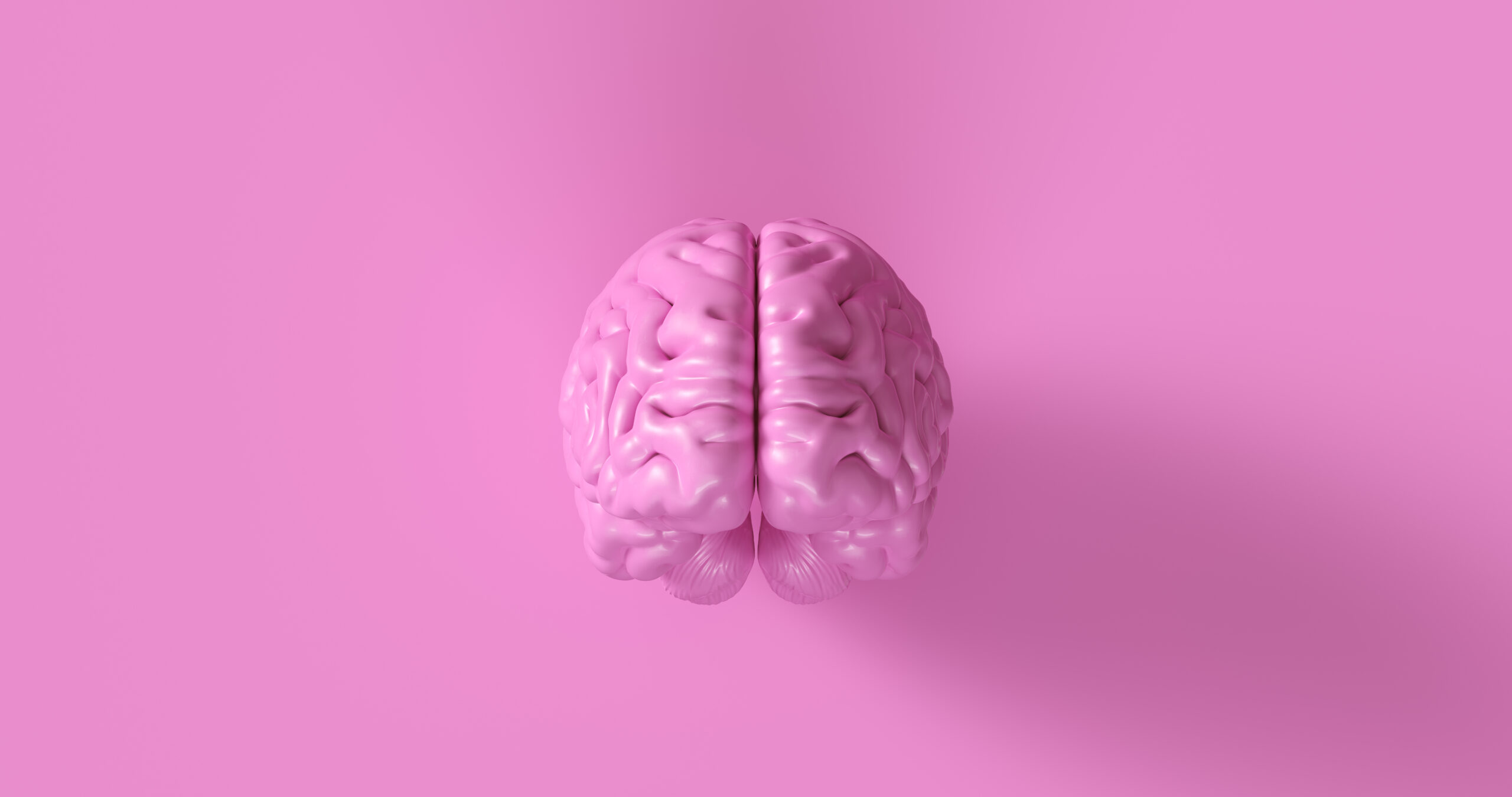The Science Behind Hormones and Mood Swings
Hormones play a crucial role in our bodies, influencing everything from growth and development to mood and emotions. One of the most common experiences related to hormonal changes is mood swings, which can be both puzzling and challenging. Let’s explore the science behind hormones and mood swings, focusing on how different hormones affect our emotional state.
### Estrogen and Menopause
During menopause, women experience significant hormonal changes, particularly a decline in estrogen levels. This drop can lead to mood swings, irritability, and even symptoms of anxiety or depression. Estrogen affects the brain’s emotional centers, such as the amygdala, which processes emotions. When estrogen levels fluctuate, it can cause sudden shifts in mood, making someone feel euphoric one moment and irritable the next[1][3].
### Cortisol and Stress
Cortisol is often referred to as the “stress hormone” because it’s released in response to stress. While cortisol helps the body respond to stressful situations, chronically elevated levels can lead to mood swings, weight gain, and poor metabolism. Managing stress through techniques like exercise, meditation, and ensuring adequate sleep is crucial to maintaining healthy cortisol levels[2].
### Oxytocin and Social Bonds
Oxytocin, known as the “love hormone,” is released during social interactions, such as hugging. It promotes feelings of happiness and well-being. Improved oxytocin levels can reduce emotional eating and enhance mood stability. Building strong social bonds and engaging in activities that stimulate oxytocin release can help balance mood[2].
### Insulin and Energy
Insulin is vital for regulating blood sugar levels. Stable insulin levels ensure consistent energy and reduce cravings. However, chronic stress can disrupt insulin regulation, leading to energy crashes and increased cravings. Maintaining a balanced diet and regular physical activity helps keep insulin levels stable[2].
### Serotonin and Hormonal Fluctuations
Serotonin is a neurotransmitter that affects mood. Its levels can be influenced by hormonal changes, particularly fluctuations in estrogen and progesterone. During the menstrual cycle or menopause, these hormonal shifts can impact serotonin levels, leading to mood swings. Understanding these connections can help manage mood changes more effectively[4].
In summary, hormones like estrogen, cortisol, oxytocin, and insulin play significant roles in mood regulation. By understanding how these hormones interact with our bodies and emotions, we can better manage mood swings and maintain emotional well-being. Simple lifestyle changes, such as stress management, social engagement, and a balanced diet, can help achieve hormonal harmony and improve overall mood stability.





